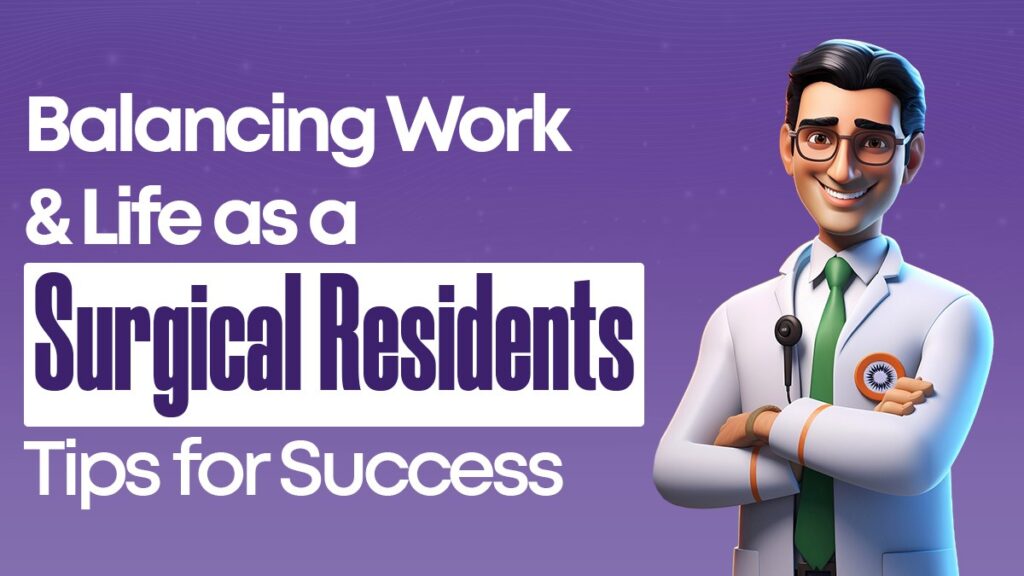Master the DNB OSCE 2025 with Conceptual Surgery by Your Side

Master the DNB OSCE 2025 with Conceptual Surgery by Your Side So, have you made up your mind about the clear OSCE DNB 2025 exam? You know it requires a targeted approach, clinical clarity, and conceptual learning; it is no longer just about long OT hours and ward work. The DNB OSCE is a major turning point that happens […]
Why Should New JRs Join Conceptual Surgery: A Complete Guide

Why Should New JRs Join Conceptual Surgery: A Complete Guide A surgical residency is a completely new journey for junior residents. This is the stage at which junior residents can complete themselves and nurture their skills in the professional world. Conceptual Surgery is an ideal choice for surgical residents since it is the most rewarding opportunity for them in terms of […]
Embracing the Future: Recent Advances in Anesthesiology

Embracing the Future: Recent Advances in Anesthesiology The progress of the field of anesthesiology is on the go because continued improvement in patient safety, outcome enhancement, and process expediting are focused on. New advancements in the field of anesthesiology have introduced some new technologies and methodologies that greatly affect the practice of anesthesia. In this […]
New Technologies in Surgery: A Guide for Surgical Residents

New Technologies in Surgery: A Guide for Surgical Residents Keeping with the latest technologies has become crucial for the professional development of the resident in general surgery. This handbook reviews the latest technological inventions that are revolutionizing surgery and peeks into the future of surgical residents. New Innovations in Surgery 1. Robotic-Assisted Surgery Robotic systems have completely […]
Balancing Work and Life as a Surgical Resident: Tips for Success

Balancing Work and Life as a Surgical Resident: Tips for Success For the medical professionals who have undertaken the Surgery Residency Program, the process is just as hard as it is rewarding. Most surgical residents often have to struggle through an economically straining career that demands a lot of time and dedication. A healthy work-life balance, however, is […]
